[color-box color=”green”][dropcap]I’ve[/dropcap] spent the last 10 years of my life living abroad, in one country or another. And along the way I’ve learned some truths about what it’s like to be an expat — some good things, some hard things, and everything in between. This article is for those potential expats who are thinking about moving to Ecuador or another country and have no idea what challenges and daily realities moving abroad can bring. So here’s my list of 8 truths about expat life — please feel free to share your comments or add your own experiences at the end of the article![/color-box]
1. Moving Abroad Is Hard–Don’t Let Anyone Tell You Differently!
From sorting out residency papers and visas to negotiating rent and setting up a bank account, nothing is simple, easy or familiar about starting a new life in a new country. Most expat publications make it sound glamorous and easy and it’s just plain not!
What is the Spanish word for aspirin? Where can I buy organic produce? How do I find an English speaking doctor? How do I figure out which school is best for my kids? If I buy something online, how easy is it to send to Ecuador?
These are the kinds of questions I struggled with when my family first arrived in Ecuador. However, negotiating these challenges gave me a sense of satisfaction and accomplishment I seldom found “back home.” The challenges eventually became easier and there came a day when I saw a new expat struggle over the same issues and was able to say ‘don’t worry, it gets easier!’
All the people who think moving abroad is a piece of cake or a long-term vacation couldn’t be more wrong. It’s a daily battle for the first several months that will make you ask “what the hell did I do?”
2. You’ll Find A ‘Family’ Abroad That You Never Expected.
I’ve seen it happen over and over again. Maybe because of the challenges mentioned above, maybe due to homesickness or just by the plain virtue of being exposed to other like minded people, I found myself connecting with other people in a way I would never do at home. My ‘family abroad’ is a collection of friends, other families, and the community as a whole — it’s one of those things I never anticipated or understood until I experienced it. Here are some examples:
- When we first moved to Ecuador, we ran into another family, the Scherrs — Matt, Diana, Piper and Duncan — at an expat event. We were the only two young families there; the rest of the attendees were retired expats. By the end of dinner, we had made plans to go to the park together and from then on, we saw each other weekly, sharing the laughs, frustrations and challenges of having school-aged kids fit in a new culture. We leaned on each other’s shoulders, traveled and explored Ecuador together, and supported each other through good times and bad.
- My husband Richard met Bob and Melinda Gordon at a Newbie Gringo Night that we helped host at a local expat hangout. There was a great connection so he invited them to our house for Thanksgiving dinner the following week. Our daughter Avallina has had the benefit of having grandparents in Ecuador, which NEVER would have happened back in Canada.
- One night we got in a taxi to go home after dinner in El Centro. The taxi driver, Marco, spoke some English after having spent 16 years in New Jersey. By the time we arrived at our front door 15 minutes later, he had invited us to meet his family, and Avallina had a new best friend, Heaven. We have had the privilege of attending incredible family events with Marco and Carmita’s family — all 46 of them — and have been ‘adopted’ into the family, even going to their family reunions. Five years later, Avallina and Heaven are still great friends. [/color-box]
- [color-box color=”gray”]
3. Sell Your Stuff, DON’T Bring It!
I had read about the benefits of shipping your stuff versus getting rid of it. … But after moving from Canada to Barbados, back to Canada, then to Las Vegas, back to Canada, then from one side of Canada to the other, and THEN to Ecuador, I can unequivocally say, DON’T bring your stuff! Give it away, put it in storage, sell it, whatever — just keep it to a minimum!
Every time we moved abroad, it took a while for our stuff to arrive behind us. In fact, when we moved to Barbados, our container arrived 2 months later than planned (we slept on air mattresses and our living room set consisted of lawn furniture). When it finally arrived, we unpacked the boxes and we couldn’t believe all the useless ‘junk’ that seemed so essential when packing it up. Not to mention that the beautiful leather furniture we had shipped mildewed in the high humidity of Barbados, so, whenever we went away, we were greeted by ‘green’ furniture that we had to disinfect and de-mildew!
A huge part of moving abroad is about simplifying and integrating. I buy clothes and furniture in Ecuador. We arrived here with 3 suitcases each and have managed quite nicely. We will definitely liquidate the household of ‘stuff’ we’ve acquired if we ever move again.
4. Learning Another Language Is Not Easy!
I know no end of expats who have ‘studied’ Rosetta Stone or some other language software or took a course at a local community college before arriving in Ecuador. What no one told me is, depending on where you go, the Spanish is totally different! It took us a while to learn the basics of Spanish in Cuenca, and, just when I thought we were doing pretty well, we took a trip to Canoa on the coast.
Upon arriving, I greeted the hotel owner in Spanish, and he rattled back a rapid string of sentences I couldn’t understand! I struggled speaking Spanish our entire coastal trip and, when we returned to Cuenca, I mentioned this to Rosita, our wonderful helper around the house. She laughed and said, “Sharito, don’t worry — not even the Cuencanos understand coastal Spanish.”
On our recent trip to Barcelona, Spain, I also learned more about these language nuances when I understood little to no Spanish. A woman explained to me that “in Barcelona, we don’t really speak Spanish — it’s a mix of French, German and a bunch of other languages mashed together. But you are sweet for trying.”
I recommend taking classes in the location you plan to be. You’ll catch the local accent easier, learn the colloquialisms that are specific to the country or town you’re in, and you’ll learn much faster since you’re immersed in the language
5. Sometimes It Just Doesn’t Work Out.
I’m sure I’ll never hear the end of writing something negative about Ecuador, but this is a true statement. I’ve seen some publications state that over 60% of expats leave. I get it. After 5 years of living and working in Ecuador and starting a not-for-profit foundation, I have plenty to say about the ups and downs. Overall, I’m grateful for the experience and the opportunity Ecuador has brought to my family, and yet that doesn’t mean there aren’t moments I’d like to call President Correa up and give him a piece of my mind (not that I can afford it).
It’s okay to get mad, pissed and wildly frustrated about Ecuador or whatever your new home country is now and then. Moving abroad is HARD (see #1 above) and, if I pretended it was all PollyAnna sunshine and rainbows, one day I would blow up — my feelings would boil over and I would be one of those “ugly North Americans” screaming at the woman behind the counter in the Immigration office. The key is to talk about it, laugh about it and chalk it up as part of the expat experience. It’s absolutely necessary to get through the seemingly pointless bureaucracy, the aggravation of being ripped off by taxi drivers, and the frustration of gringo pricing.
6. Living Abroad Will Test You.
Sometimes nothing happens for a long time and I’m really happy. … And then suddenly everything sneaks up on me at once and attacks me. From fighting with the immigration officers to dealing with rude expats to even talking with the insurance company, Ecuador tests my patience.
One year, my mother-in-law sent us a Christmas care package filled with gifts and baked goods. Correos Ecuador lost the package and had no idea where it was. Then, 14 MONTHS LATER, it turned up and we had to pay over $100 to retrieve it. Another time we had to spend over $500 in import taxes for supplements that were sent back to the supplier twice and then lost. The post office wants us to pay yet again, but they can’t tell us where the package is or even if they can deliver it. Sound familiar?
7. Get Real.
I love Ecuador, I really do. At the end of the day, I love the people, our friends and family, and the life we’ve built here. And that’s how I know I can complain about it occasionally — it’s like venting to a friend. I know there are people reading this, maybe laughing, and they can share similar stories. If my frustration bubbled up so much that I became constantly negative and bitter, then it would be time to consider leaving.
It’s okay to get real and speak your mind, even if it’s not politically correct. There will be things that drive you crazy and things that amaze. If you don’t share it in a place where other people ‘get it’ and can be honest too, where does that understandable but negative emotion go? Probably directed at someone who doesn’t deserve it, so let it out, and then get perspective.
8. Living Abroad Changes You.
I’ve heard this a lot, especially as a young person; however, after living abroad for over 10 years, I can tell you it’s true. I have been changed in irrevocable ways, both good and bad.
[color-box color=”gray”] The Good:
- Am less judgmental of other cultures
- Am more open to change
- Don’t get too attached to ‘stuff’ anymore
- Do things I never thought I’d do
- Make faster, more meaningful connections
The Bad:
- Have been bitten by the travel bug
- Have lost touch with many friends and family members back home
- Have learned to live with less quality education or to create my own
- Don’t always like it and can spend years looking for that “better place” that makes me happier and never find it [/color-box]
That saying ‘wherever you go, there you are’ has stuck around for a reason, and some of my restlessness has been revealed as being in my own head and NOT due to my geographical location. Learning to be happy with what I have and realizing there IS no Utopia has been invaluable. I’ve also realized to appreciate that where I am at the moment is the best place for me. Being challenged to live in the present moment is a gift I never would have learned had I not “hit the road.”
[color-box color=”green”]Living abroad is a privilege and an experience I wouldn’t trade for the world. It’s an adventure and a lifestyle I cherish and I would recommend it to anyone. Most often, expats write about the wonderful things of living abroad (and there are many), I just wanted to add a few things to think about into the mix.
Have a “Expat Truth” you’d like to share? Let us know your thoughts in the comment section below![/color-box]

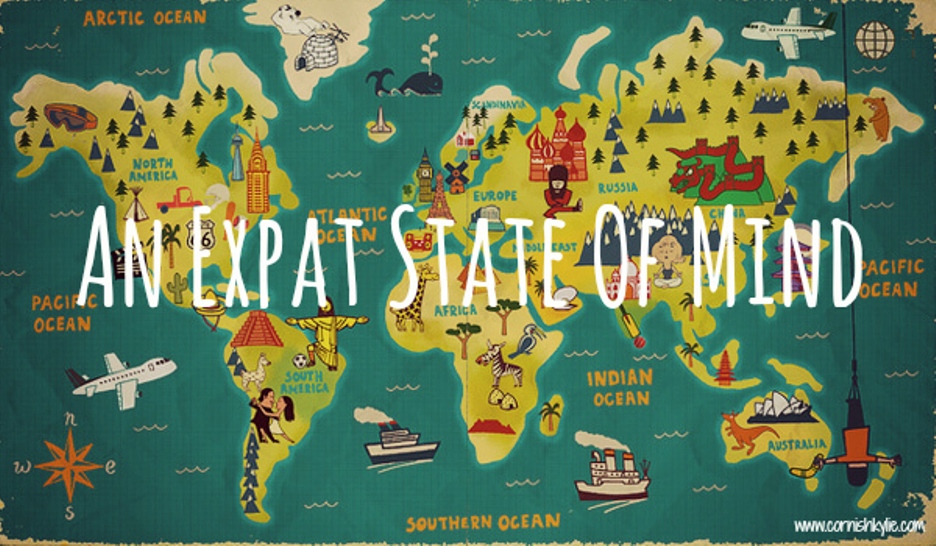









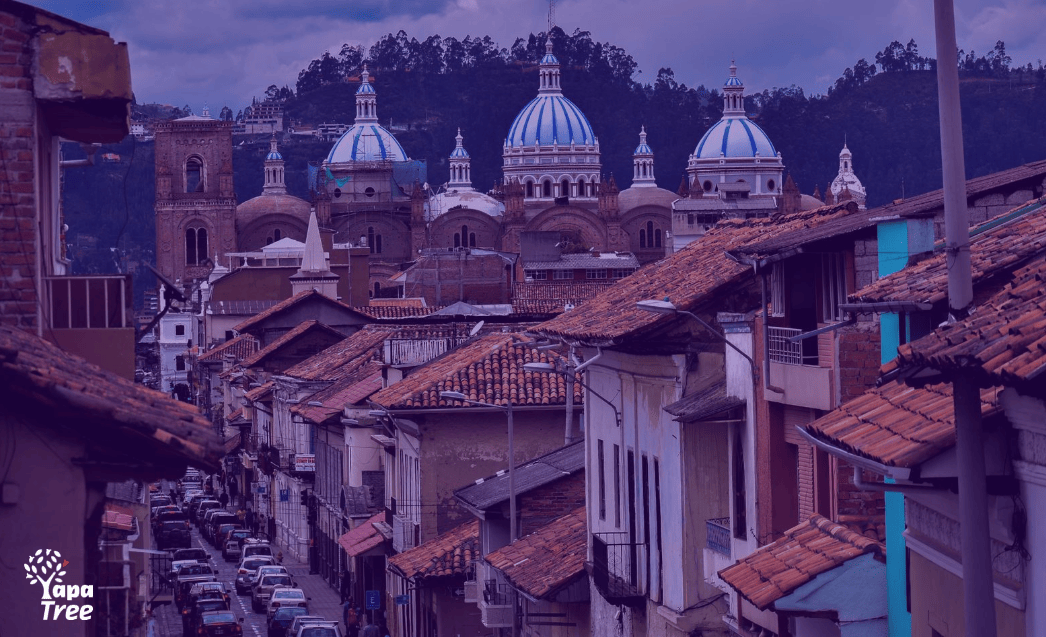


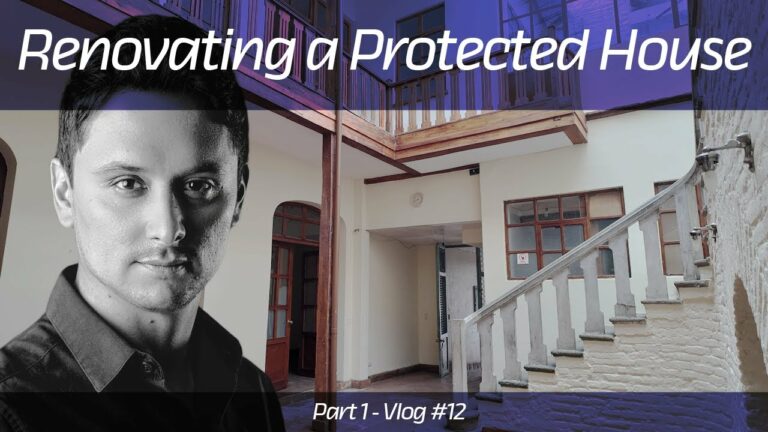



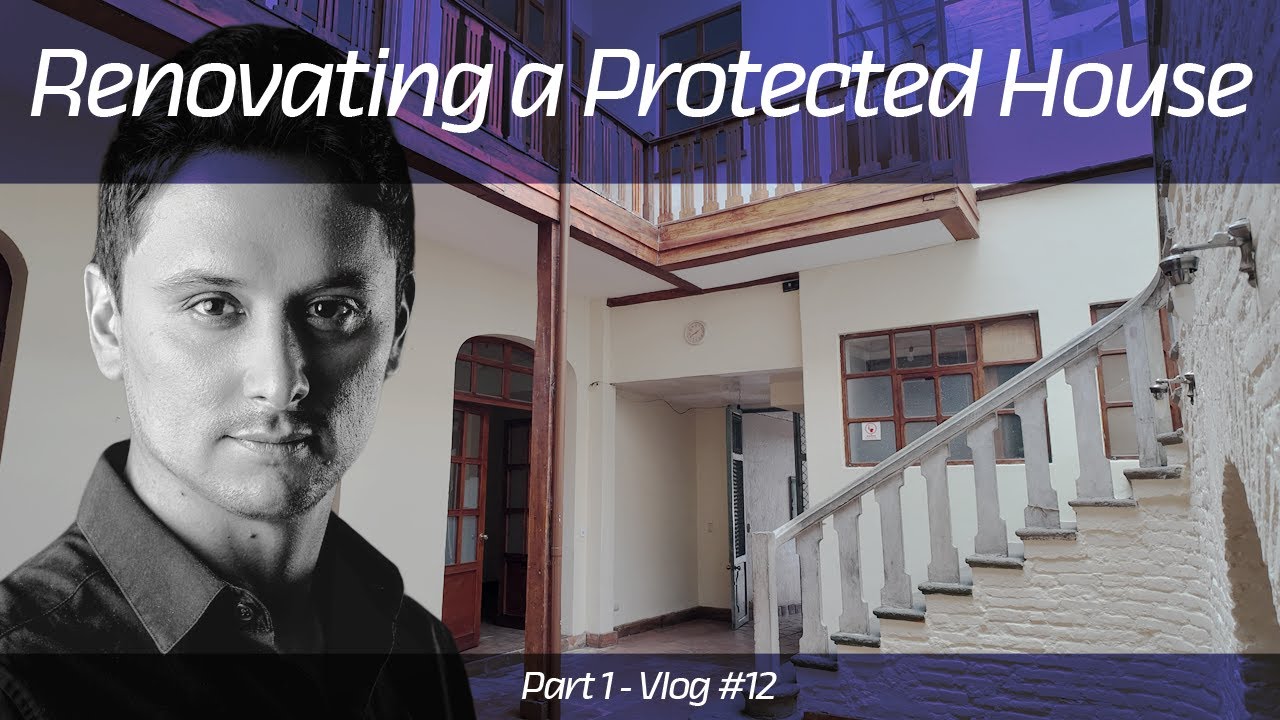

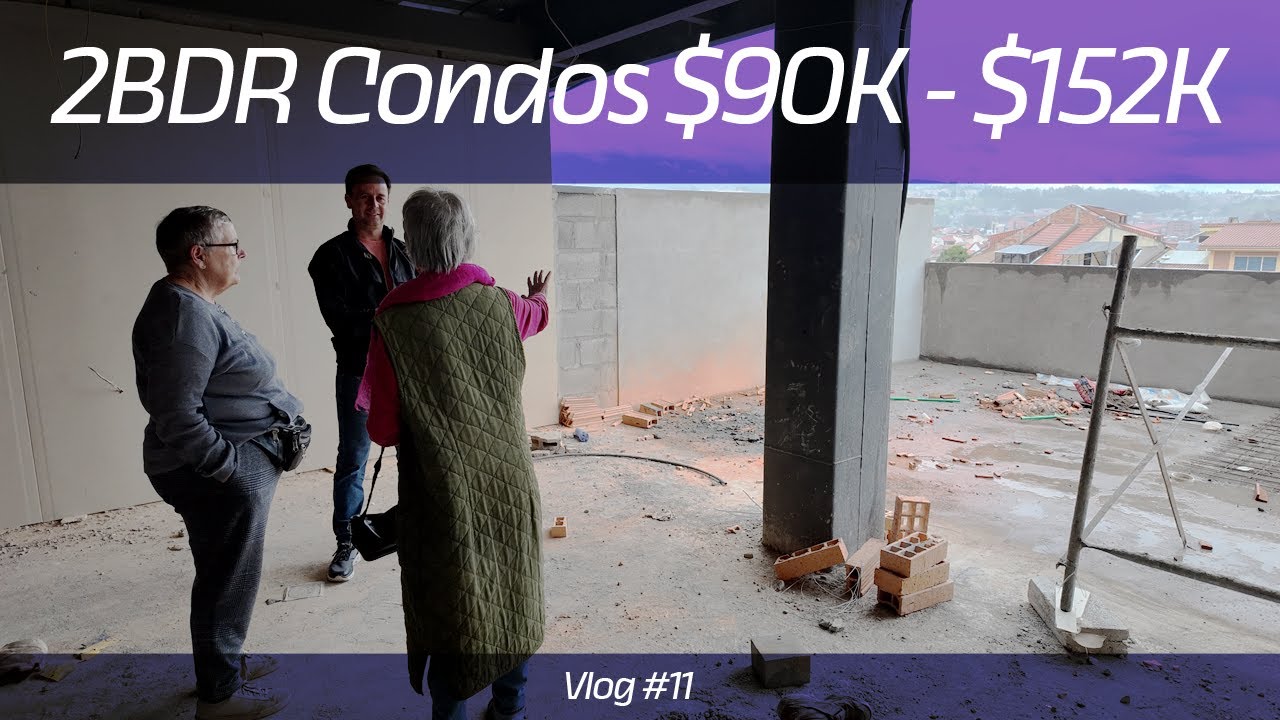
10 Responses
Amen Sista!!
When I was working in the travel industry and led tour groups to various countries, I would tell them, “Things will be different from back home and there will be times you will get very frustrated. Those events will be the funny stories you tell friends when you return and everyone will laugh. My advice — Laugh sooner!”
I would add Gringo Pricing doesn’t really exist. it’s capitalism at its best. vendors sell for whatever the market will bare. If you are willing to pay the price asked or negotiated, then it is a fair price. later on, you will get more familiar with “local” prices and that will be the new fair price that you are willing to pay. the fact is you can always walk away, so either you like the price or are foolish for buying something you think is over priced. the buyer always determines the value by buying or not buying.
I totally disagree. For the uninitiated who haven’t yet settled here, local sellers (not all) will try to charge you a higher price on an item because you’re a target with a lot of money — and they know you’ll pay it solely because you come from the Western World and thereby have lots of money. It’s called a “gringo tax.” If you don’t believe that trick doesn’t frequently happen throughout Latin America you need to get with the program fast. On the other hand, there are plenty of gringos who will gladly overpay nevertheless irrespective of the price. That’s because they can’t or won’t live without something. “That’s just what it costs,” I overhear sometimes. Baloney. Playing this game perpetuates gringo-tax behaviour. Whenever I see something overpriced, I just chuckle and walk away, leaving the seller with nothing. That’s when they start getting the message. Start bargaining.
I really appreciate you telling the good and the bad openly. I travel a bit myself and have experienced some of the things good and bad that you reference first hand.
But, once you’ve been bitten by that travel bug as you say, it’s not only all worth it. It’s literally like you have no choice, you have to travel. I’ll have to start telling my stories like yours over at: http://apassionfortraveling.com I think it’s time to share both sides like you just did.
Thank you!
The only thing I would add is that people differ on whether to bring it all or divest…. Personally, I brought everything and I’m happy I did! I know both types, those that happily downsized and others that couldn’t or wouldn’t part with their worldly goods. It’s a decision that every ex-pat has to make….neither is right nor wrong…to each his own.
We’re a bit “between” Leslie and Sheryle, in that we’ll be bringing some gear (basically some of the stuff that’s difficult and/or expensive to buy in Ecuador. We’re “lucky” in one way, in that we already have a house there, which is fully furnished, so don’t need to bring bulky stuff like furniture etc. Gut feel is that we’ll take about 1 room’s worth of stuff in total. As for the rest of the article, it’s definitely worth remembering that things aren’t always going to go smoothly. For those getting frustrated with bureaucracy, it may be worth remembering that it’s similar the world over. I get that Ecuador takes things to a “new level” (and know we’ll be frustrated by it when we get there), but I get plenty frustrated by it here too! One advantage over there is that – for most “retired” expats – at least you have the time to deal with it (compared to working 9-5 back home and having to do such things in a lunch hour etc.)
Thank you! Your article is very well stated. I can relate to so much of what you are saying.
This is one of the most valuable articles that I have ever read. I am evaluating moving abroad and will be visiting Ecuador next year. Many Thanks.
I am a single female who moved to Ecuador three years ago, having never been here and knowing no Spanish. I sold almost everything, brought several suitcases and my cat and never looked back. I didn’t expect it to be all rosy and it definitely hasn’t been, but it is still well worth it! I can definitely agree with everything you have written. I’m a different and stronger person and have learned a lot about myself and what I’m capable of. Plus, I’ve made wonderful friends that I would have never known otherwise. I’ve met ex-pats who love living here and others who hate it. What I find interesting is, all are living in the same country. Life is really all about what you make of it.